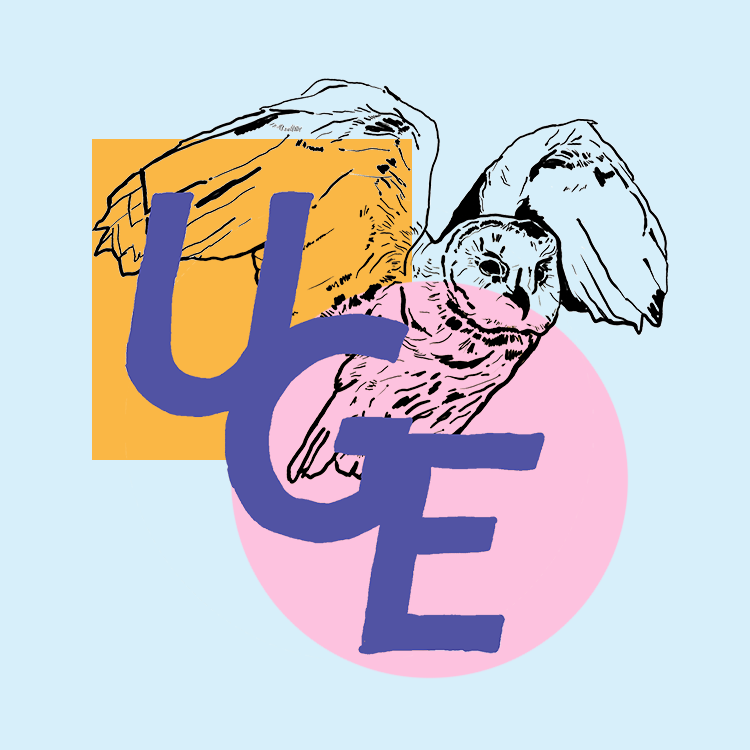The McGill Women’s Union, which later became the Union for Gender Empowerment, was established in 1912, ten years after the establishment of the Alma Mater Society (later the SSMU), which was a men’s-only association until 1931.
McGill University was settled in 1821 on Tioh’tia:ke, the “Place of the People of the Flint” in Kanien’kehá, the language of the Kanien’kéha:ka. The Kanien’kéha:ka are members of the Rotinonshon:ni (Haudenosaunee) Confederacy. The Rotinonshon:ni consists of Six Nations: the Onöndowága (Seneca, the Keepers of the Western Door), the Gayogohó:no’ (Cayuga), the Onöñda’gega’ (Onondaga), the Onyota’a:ka (Oneida), the Kanien’kéha:ka (Mohawk, the Keepers of the Eastern Door), and the Skarū’ren’ (Tuscarora). The lands of the Rotinonshon:ni extended throughout much of what is colonially determined New York state, southern Quebec, and parts of southern Ontario.
These lands, which were never ceded, were forcibly seized by white settlers, missionaries, police, armies, and the colonial state of Canada. Despite this, the Rotinonshon:ni still live in the area of McGill, with the Kanien’kéha communities of Kahnawake and Kanatasake closeby and many Rotinonshon:ni people living in Montreal as well, some of whom attend universities in the area. Thus, we in the Union for Gender Empowerment have a responsibility to fight for Rotinonshon:ni self-determination against ongoing American and Canadian colonialism.
Prior to 2002, only cis women were allowed to become members of the Women’s Union. In 2002, trans people were allowed to join the Women’s Union, out of a stated desire to empower those who are oppressed by the gender binary, in which all people are assigned at birth into one of two genders which are stratified (men over women) and declared immutable.
This policy was considered at the time to be discriminatory against trans men, given that they would need to out themselves upon receiving Women’s Union membership, as cis men were not allowed in the Women’s Union. As a result, the Women’s Union changed its name to the Union for Gender Empowerment (UGE) in 2004, and the space became open to all genders. This reorganization was believed to promote a wider, more inclusive struggle against gendered oppression.
Despite the shift from the Women’s Union to the UGE, numerous problems have limited the UGE’s capacity to fight gender oppression as was intended. For example, the UGE collective has remained largely white, middle class, and non-disabled for the majority of its existence, and the collective has paid insufficient attention to issues of racism, colonialism, capitalism, and ableism in its gender advocacy.
For this reason, in 2017, it was decided that the UGE should explicitly declare itself in its constitution an anti-racist, anti-colonialist, anti-capitalist, and anti-ableist organization as well as a feminist and trans-positive organization. In addition, the UGE recognized its responsibility towards prioritizing BIPOC (Black, Indigenous, People of Colour), disabled people and working class people in its organizing through real and concrete changes.
Today, we are always striving to better recognize and act on our responsibilities as an organization not only for gender advocacy but for liberation for all.
